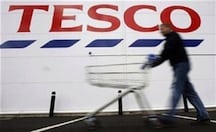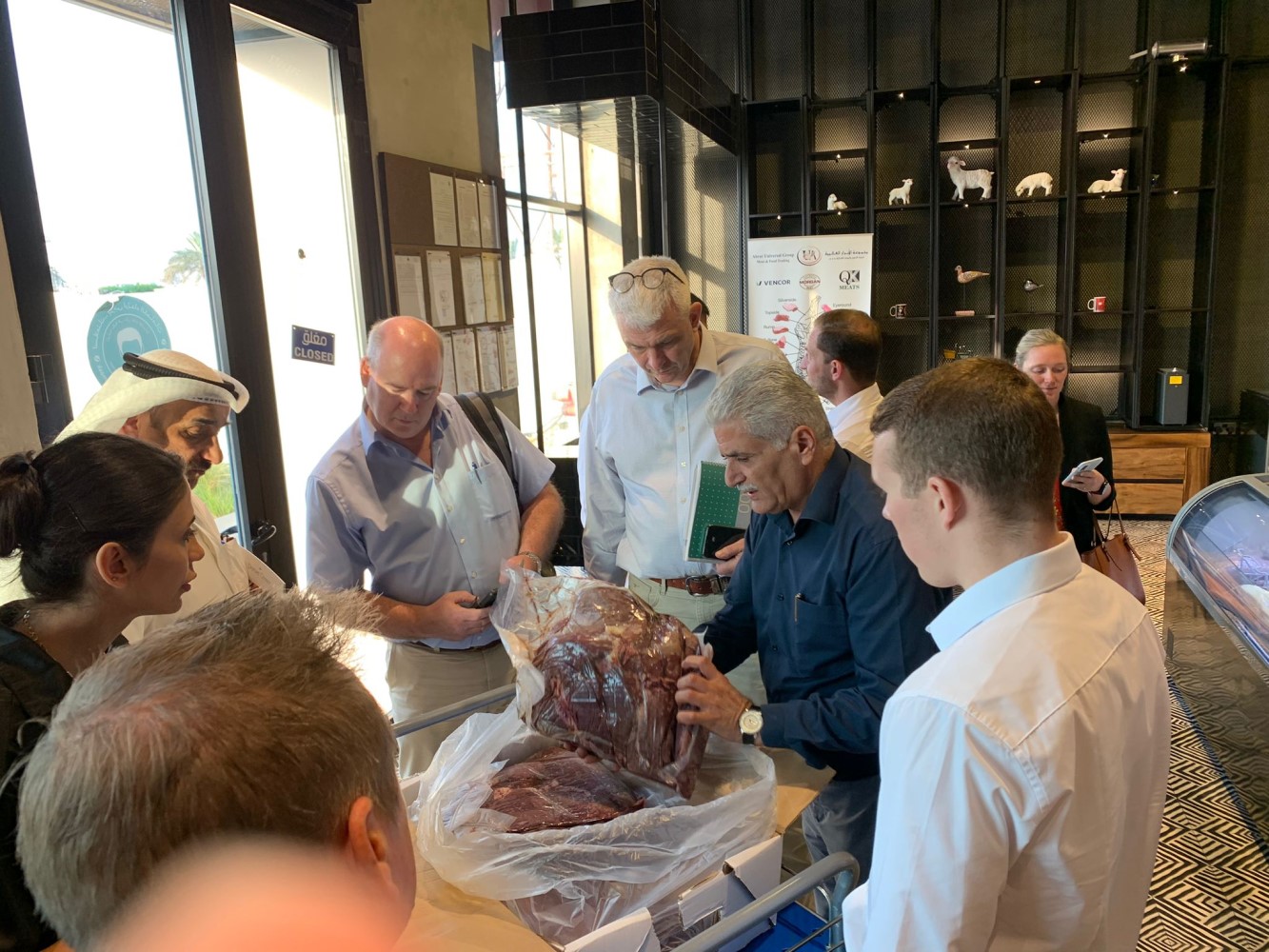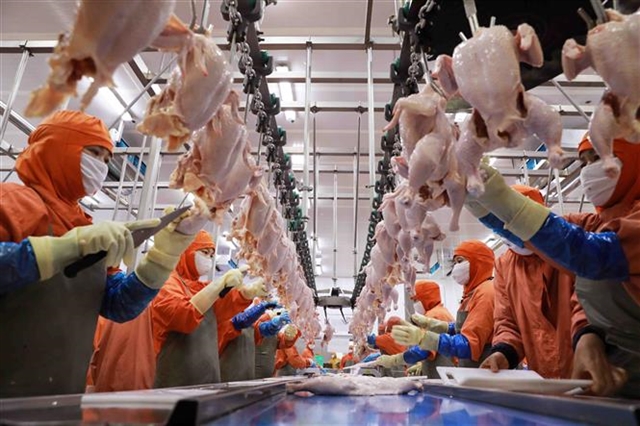Al Arabiya News
After the discovery of pig DNA in its “beef” products, UK’s biggest retailer Tesco apologized to “customers who do not consume pork,” in reference to Muslims, saying it was seeking further detailed information on the matter.
The scandal broke out earlier this week when an investigation by the Food Safety Authority of Ireland (FSAI) found traces of horse and pig DNA as high as 29% in some cases, in products labeled as ‘beef’ sold at retailers in Tesco.
“We understand and share the concerns of our customers who do not consume pork and we apologize to them,” London-based Tesco spokeswoman Emma Capon told Al Arabiya in an email.
Capon also confirmed that the World’s third largest retailer does not have stores in the Middle East and that it does not export meat to the region.
However, Tesco does have outlets in Turkey and Malaysia, where Muslims are a majority; for her part, Capon confirms that “the three products that are the subject of this investigation are not sold in or exported to Turkey or Malaysia.”
“All meats sold by Tesco Malaysia are Halal certified by the Islamic Religious authorities both at the Federal and State level,” spokesman Capon said “In Turkey, at Tesco Kipa, we offer customers a choice of Halal and non-Halal meat,” she added.
Capon said Tesco does not have any plans to open stores in the Middle East.
As for the current issue the supermarket giant is facing in the United Kingdon, Capon said “Although the FSAI said that they have found very low levels of pork DNA in some beef products, we need further detailed information on what they found so that we can act on it.”
“We are seeking clarification to understand exactly what they found and once we have that we will let customers know.”
Capon stressed, however, that Tesco has “stringent product controls and as part of the investigation we will look at whether these need to be extended.”
“These controls include agreed product specifications, to which all our suppliers are expected to adhere, and we carry out unannounced checks on all our suppliers. We are confident that our product safety programs are generally robust,” Capon added.
The products in question came from Irish and British suppliers who are thought to have mixed horse meat with beef.
Experts say that while pig or horse meat isn’t a health risk, the incident raises serious issues of fraud because the labels on the products didn’t declare horse or pig DNA and it appears as though cheaper meats were being substituted for more expensive ones.
“We are urgently investigating and working with the authorities here and in Ireland and with our supplier to understand how this happened and to ensure it will not happen again. This will be a thorough investigation and will not be rushed,” Capon added.
The retailer has launched a media campaign in an attempt to contain the damage from revelations some of its products contained horse meat.
Tesco’s products are sold all over the UK at its own stores and also in parts of the Middle East though other retailers.
Prime Minister David Cameron said the incident was ‘unacceptable’ and called for an urgent investigation by the UK’s food standards agency.
The incident comes just one week after Tesco’s CEO said the company’s performance was improving thanks to a one billion pound sterling restricting plan and an increase in sales during the holiday season.




